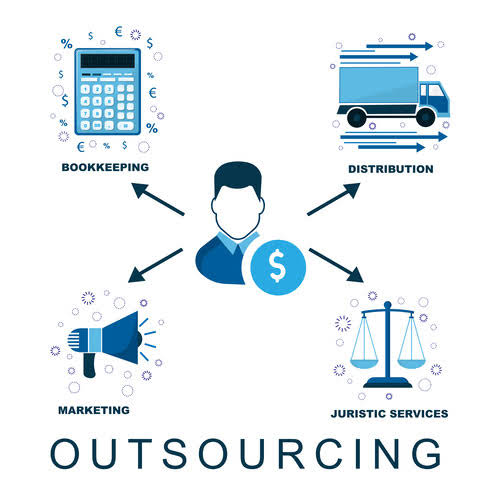
Mezzanine debt is a private loan, usually provided by a commercial bank or a mezzanine venture capital firm. Mezzanine transactions often involve a mix of debt and equity in a subordinated owners equity meaning loan or warrants, common stock, or preferred stock. Equity is used as capital raised by a company, which is then used to purchase assets, invest in projects, and fund operations.
It shows how much of the company’s assets are financed through owner’s funds versus liabilities. Remember, owner’s equity is what remains after your business’s liabilities are subtracted from its assets. If your owner’s equity is negative, that indicates liabilities exceed assets. If the owner takes more money out of the business than he put in, or the business has continuing losses and no profits, it results in negative owner’s equity.
Owner’s equity on a balance sheet
11 Financial’s website is limited to the dissemination of general information pertaining to its advisory services, together with access to additional investment-related information, publications, and links. Conversely, a low level of Owner’s Equity may be an indication that a company is carrying too much debt and may be at risk of financial difficulties. The ending balance of equity is carried forward and is treated as the opening balance of the next year. It helps fund everything from day-to-day operations to big-picture growth plans. Think of it as a testament to how much your investors believe in what you’re building.
Companies can reissue treasury shares back to stockholders when companies need to raise money. It may also be known as shareholder’s equity or stockholder’s equity if the business is structured as an LLC or a corporation. The sole owner’s equity is a direct measure of the business’s net worth, reflecting the owner’s investment and the business’s profits and losses — a straightforward view of the business’s financial health.
Do you already work with a financial advisor?
It is generally considered to be the total assets of an entity, minus its total liabilities. From a company liquidation perspective, owners’ equity can be considered the residual claim on the assets of a business to which shareholders are entitled, after liabilities have been paid. Since the liquidation value of assets may be quite low, this can mean that the owners’ equity in a business is actually zero.

Our mission is to empower readers with the most factual and reliable financial information possible to help them make informed decisions for their individual needs. Our writing and editorial staff are a team of experts holding advanced financial designations and have written for most major financial media publications. Our work has been directly cited by organizations including Entrepreneur, Business Insider, Investopedia, Forbes, CNBC, and many others.
